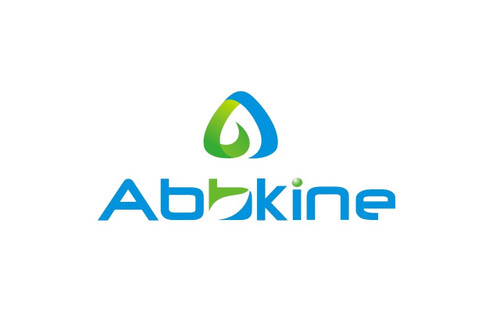Product Description
Human Serpin B5 (SERPINB5) ELISA Kit | AE20021HU | Abebio
Species Reactivity: Human (Homo sapiens)
Abbreviation: SERPINB5
Alternative Name: PI5; maspin; protease inhibitor 5 (maspin) |serine (or cysteine) proteinase inhibitor; clade B (ovalbumin) ; member 5
Application: ELISA
Range: 0.625-40 ng/mL
Sensitivity: 0.267 ng/mL
Intra-Assay: ≤5.1%
Inter-Assay: ≤7.3%
Recovery: 0, 99
Sample Type: Serum, Plasma, Other biological fluids
Detection Method: Sandwich
Analysis Method : Quantitive
Test Principale: This assay employs a two-site sandwich ELISA to quantitate SERPINB5 in samples. An antibody specific for SERPINB5 has been pre-coated onto a microplate. Standards and samples are pipetted into the wells and anySERPINB5 present is bound by the immobilized antibody. After removing any unbound substances, a biotin-conjugated antibody specific for SERPINB5 is added to the wells. After washing, Streptavidin conjugated Horseradish Peroxidase (HRP) is added to the wells. Following a wash to remove any unbound avidin-enzyme reagent, a substrate solution is added to the wells and color develops in proportion to the amount of SERPINB5 bound in the initial step. The color development is stopped and the intensity of the color is measured.
Product Overview: Maspin is a serpin and tumor suppressor gene.It has been associated with prostate cancer and breast cancer.It has also been associated with tumors of the pancreas.It was identified in 1994.In normal cells expressing SERPINB5, the SERPINB5 promoter is unmethylated and the promoter region has acetylated histones and an accessible chromatin structure. In contrast, normal cells that do not express SERPINB5 have a completely methylated SERPINB5 promoter with hypoacetylated histones, an inaccessible chromatin structure, and a transcriptional repression that is relieved by inhibition of DNA methylation. These findings indicated that cytosine methylation is important in the establishment and maintenance of cell type-restricted gene expression.
Stability: The stability of ELISA kit is determined by the loss rate of activity. The loss rate of this kit is less than 5% within the expiration date under appropriate storage condition. The loss rate was determined by accelerated thermal degradation test. Keep the kit at 37°C for 4 and 7 days, and compare O.D.values of the kit kept at 37°C with that of at recommended temperature. (referring from China Biological Products Standard, which was calculated by the Arrhenius equation. For ELISA kit, 4 days storage at 37°C can be considered as 6 months at 2 - 8°C, which means 7 days at 37°C equaling 12 months at 2 - 8°C) .
 Euro
Euro
 USD
USD
 British Pound
British Pound
 NULL
NULL








